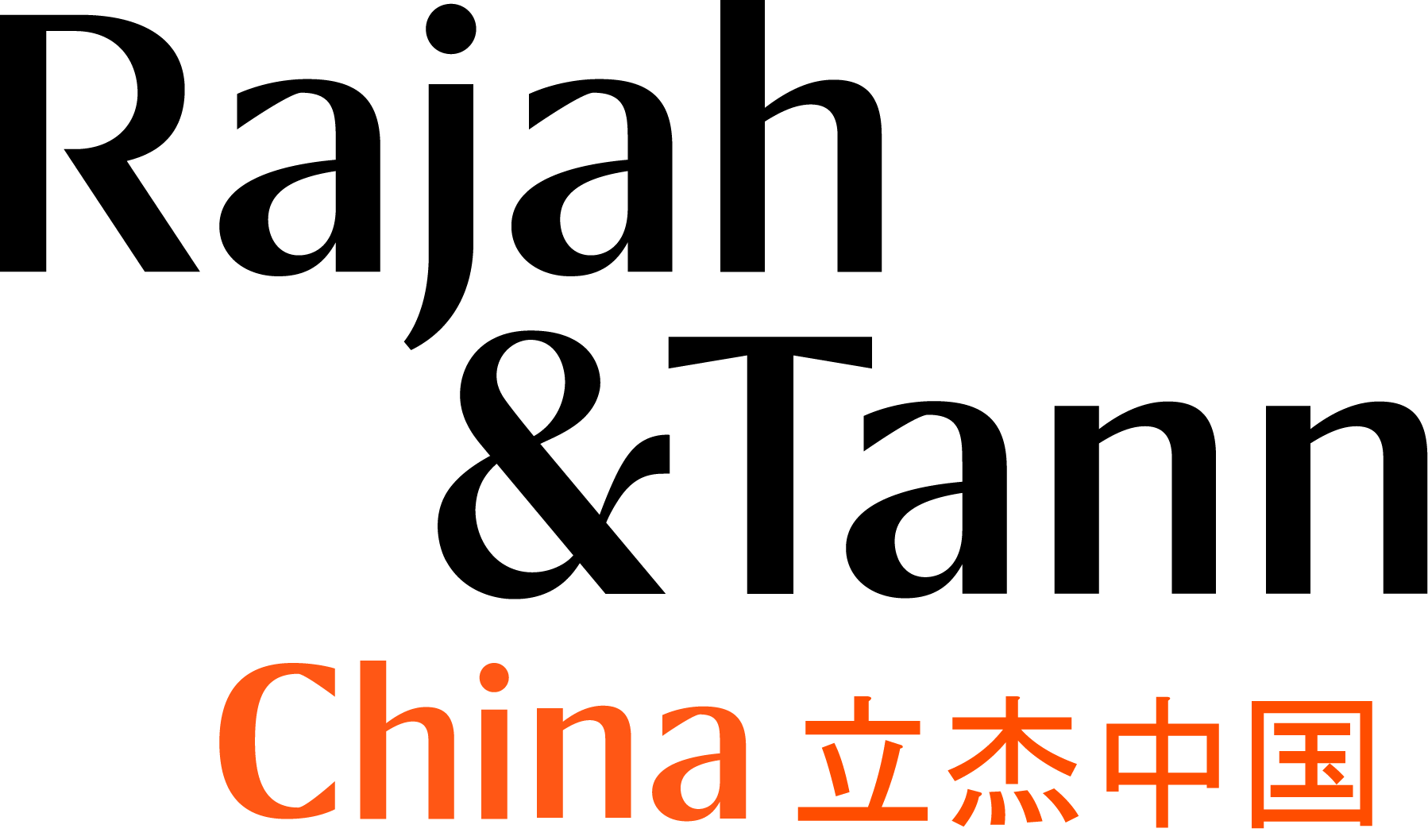自 2025 年 3 月 1 日起,一项新条例–2025 年第 8 号政府条例(“新条例”)–改变了自然资源出口商管理其外汇收入(即自然资源外汇收入)的规则。这项新条例更新了 2023 年第 36 号政府条例(“2023 年条例”),我们在之前的法律动态中讨论过该条例(点击此处阅读)。新条例的目标是增加印尼的外汇储备,确保出口利润为国家经济增长做出更显著的贡献。
2023 年条例和新条例均适用于采矿、种植、林业和渔业等行业的出口外汇收入。如果这些出口产品的价值达到或超过 25 万美元,则必须将收入存入印尼金融系统内的特定账户。这些账户是开户机构是:
- 印尼出口融资机构;或;
- 经金融服务管理局批准办理外汇业务的银行(通常称为外汇银行),不包括在印尼运营的外国银行分行。这些银行获得特别授权管理与自然资源出口相关的外汇收入。
存入的外汇必须在这些账户中保存一段时间。这些外汇可以存入印尼出口融资机构或任何外汇银行的账户、各种银行票据、印尼出口融资机构发行的金融票据或印尼银行发行的票据。
财政部、印尼银行和金融服务管理局将共同监督这些义务的履行情况。根据这项授权,印尼银行于 2025 年 2 月 28 日颁布了印尼银行 2025 年第 3 号条例,更新了之前印尼银行 2023 年第 7 号条例中有关进出口支付的规定。印尼银行的这项新条例也于 2025 年 3 月 1 日生效。
虽然外汇收入存款的基本要求依然存在,但新条例引入了几项重要调整。在下面的章节中,我们将详细探讨这些重要变化。
新条例如何影响自然资源出口商
新条例引入了自然资源出口商必须了解的重要变化,主要涉及外汇收入的留存及其允许用途。具体来说,新条例大幅提高了强制留存期限和额度,同时也对如何使用这些留存资金做出了明确限制。
- 提高外汇收入留存要求
根据新条例,出口商现在必须将 100%的外汇收入留存至少 12 个月。这比以前至少留存 30% 的资金三个月的要求有了大幅提高。值得注意的是,100% 留存规定适用于非石油和天然气开采、种植园、林业和渔业等行业的出口商。石油和天然气开采出口商将继续遵循之前的 30% 留存三个月的要求。
- 留存自然资源外汇收入的限制使用
留存的外汇只能用于以下用途:
- 在同一家外汇银行兑换印尼盾;
- 用外汇支付税收和非税财政收入;
- 用外汇分配股息;
- 进口印尼国内没有或不符合国内规格的原材料、辅助材料或资本货物和服务;以及
- 偿还用于采购资本货物的外汇贷款。
尽管提高了留存要求,但出口商仍可将这些资金用于必要的商业活动。我们认为,这样做的目的是既能增加印尼的外汇储备,又能允许继续开展业务和投资。
主要启示
遵守新条例至关重要。印尼当局致力于执行新条例,不遵守新条例可能遭受处罚,包括失去出口特权。出口商必须主动审查其融资安排,并采取必要措施确保其符合新要求。
为确保平稳过渡和持续合规,建议出口商根据新要求审查现有的现金流和融资规划战略。他们还应评估当前的融资安排,以确保符合要求。咨询法律和税务顾问对于确保他们能够有效驾驭这些监管变化至关重要。
最后,积极主动地与金融机构接触也至关重要。出口商应与银行密切合作,探索符合新要求的战略。这种积极主动的态度将有助于保持业务的连续性并确保合规。
Disclaimer
Rajah & Tann Asia is a network of member firms with local legal practices in Cambodia, Indonesia, Lao PDR, Malaysia, Myanmar, the Philippines, Singapore, Thailand and Vietnam. Our Asian network also includes our regional office in China as well as regional desks focused on Brunei, Japan and South Asia. Member firms are independently constituted and regulated in accordance with relevant local requirements.
The contents of this publication are owned by Rajah & Tann Asia together with each of its member firms and are subject to all relevant protection (including but not limited to copyright protection) under the laws of each of the countries where the member firm operates and, through international treaties, other countries. No part of this publication may be reproduced, licensed, sold, published, transmitted, modified, adapted, publicly displayed, broadcast (including storage in any medium by electronic means whether or not transiently for any purpose save as permitted herein) without the prior written permission of Rajah & Tann Asia or its respective member firms.
Please note also that whilst the information in this publication is correct to the best of our knowledge and belief at the time of writing, it is only intended to provide a general guide to the subject matter and should not be treated as legal advice or a substitute for specific professional advice for any particular course of action as such information may not suit your specific business and operational requirements. You should seek legal advice for your specific situation. In addition, the information in this publication does not create any relationship, whether legally binding or otherwise. Rajah & Tann Asia and its member firms do not accept, and fully disclaim, responsibility for any loss or damage which may result from accessing or relying on the information in this publication.








